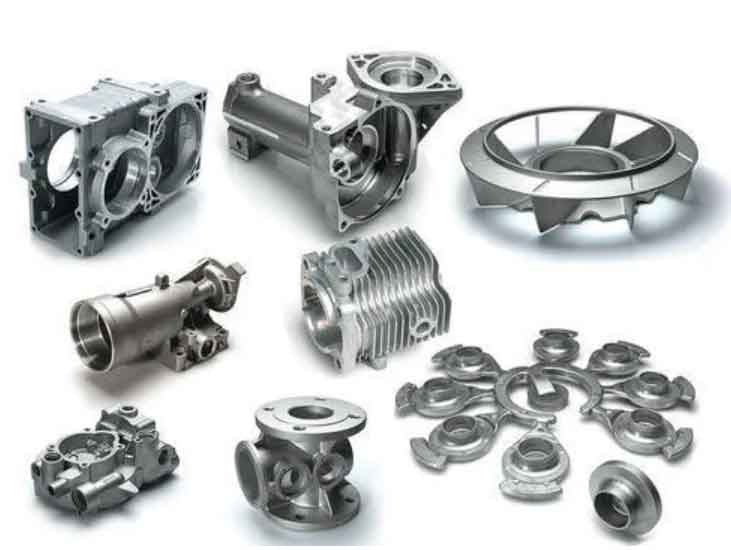
Recycling grey cast iron can have significant economic and environmental impacts. Grey cast iron is a highly recyclable material, and recycling it offers several benefits, including:
1. Economic Impact:
Cost Savings: Recycling grey cast iron reduces the need for virgin raw materials, leading to cost savings in the production process. As grey cast iron is a cost-effective material, using recycled grey cast iron in manufacturing can contribute to overall cost reductions.
Energy Efficiency: Recycling grey cast iron requires less energy compared to the production of virgin iron or steel. This energy savings can result in reduced production costs and lower energy consumption.
Job Creation: The recycling industry generates employment opportunities, from collection and sorting to processing and manufacturing. Recycling grey cast iron contributes to job creation and supports local economies.
2. Environmental Impact:
Resource Conservation: Recycling grey cast iron conserves natural resources like iron ore and reduces the need for mining and extraction activities. This helps protect natural habitats and preserves ecosystems.
Energy Savings: The recycling process consumes less energy than producing cast iron from raw materials. Lower energy consumption results in reduced greenhouse gas emissions and helps combat climate change.
Reduction of Landfill Waste: Recycling grey cast iron reduces the amount of waste sent to landfills. By diverting scrap from landfills, recycling helps decrease environmental pollution and potential health hazards associated with waste disposal.
Reduced Air Pollution: Mining, processing, and producing raw materials for new grey cast iron can generate significant air pollutants. Recycling helps mitigate air pollution by reducing the need for these energy-intensive processes.
Water Conservation: Recycling grey cast iron minimizes water consumption associated with the extraction and processing of raw materials. This benefits local water resources and ecosystems.
Overall Environmental Footprint: Recycling grey cast iron contributes to a circular economy, where resources are continually reused and waste is minimized. It helps reduce the overall environmental footprint of the manufacturing industry.
Encouraging Sustainable Practices: Recycling grey cast iron promotes sustainable practices within the manufacturing sector. It encourages businesses to adopt eco-friendly approaches and supports the development of a more environmentally conscious industry.
Recycling grey cast iron has both economic and environmental benefits. It conserves resources, reduces energy consumption, lowers greenhouse gas emissions, and supports local economies. As industries and consumers increasingly prioritize sustainability, recycling grey cast iron can play a crucial role in creating a more circular and eco-friendly economy.
